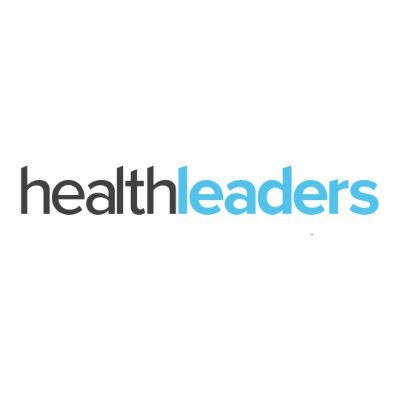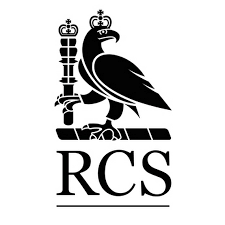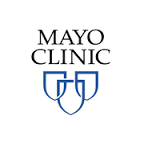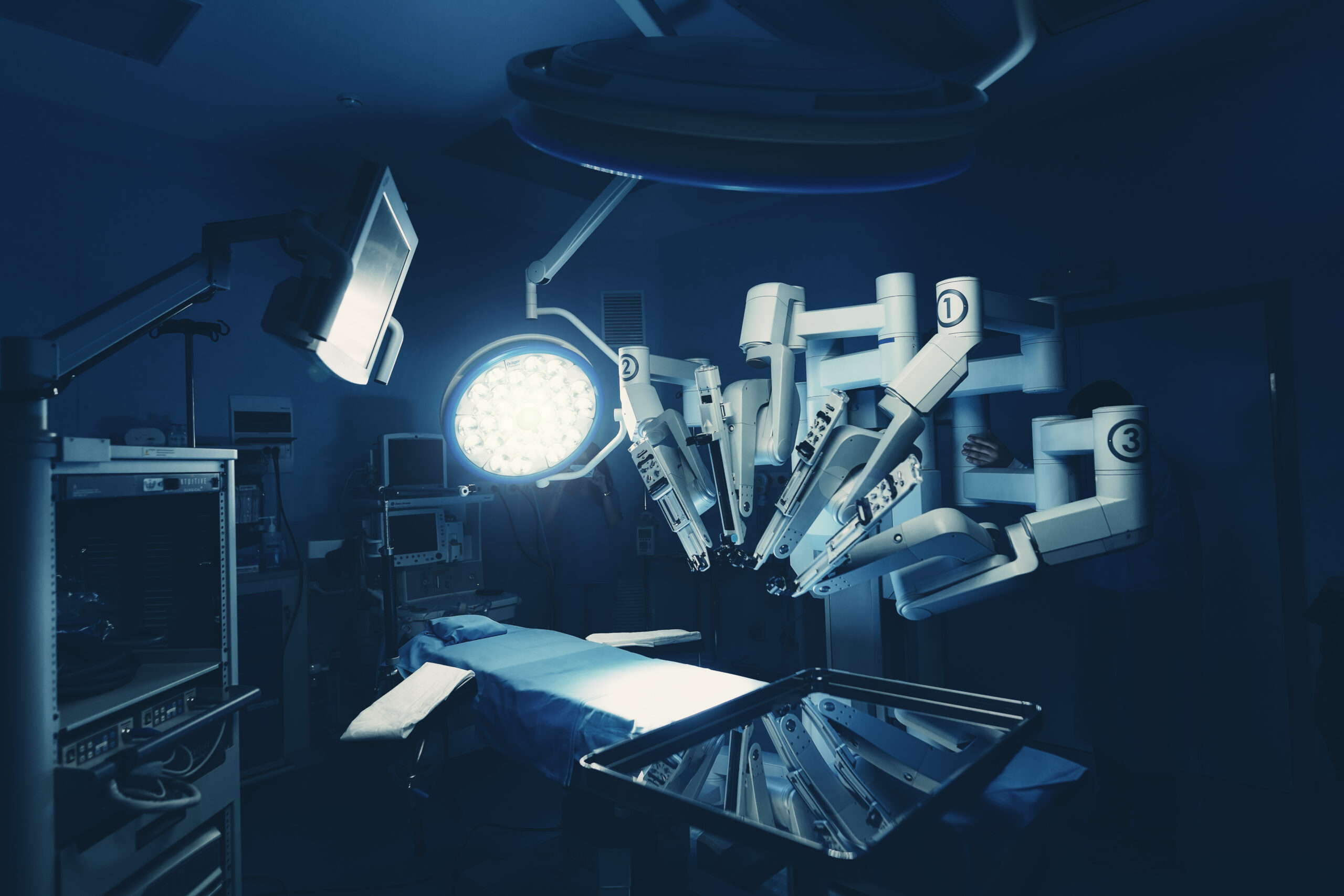
Editor's Note Healthcare systems are finding that ambient AI built for doctors does not automatically translate to nursing care, HealthLeaders November 4 reports. However, Mercy for instance is piloting Microsoft’s Dragon Copilot AI for nursing and discovering that the nurse-patient encounter requires tailored design and training to capture accurate, useful…

Editor's Note Unchecked surgical innovation can harm patients, derail careers, and erode trust, Bulletin of the Royal College of Surgeons of England October 31 reports. Failures to properly evaluate and monitor new or modified procedures have led to patient harm, surgeon suspensions, and even criminal convictions, per the article, which…

Editor's Note Mayo Clinic has released a free, digital tool requiring no account or subscription that allows anyone to investigate healthcare quality by city, care specialty, or hospital, an October 30 press release from the health system reports. The tool includes search capability for a range of specific surgical specialties,…

Editor's Note A new medical training institute in Charlotte, North Carolina, is positioning itself as a major national destination for robotic and minimally invasive surgery education, Axios Charlotte October 29 reports. The North American headquarters of IRCAD (Institut de Recherche contre les Cancers de l’Appareil Digestif, or Research Institute Against…

Pinpoint accuracy in surgical technique has advanced beyond what many ever thought possible. Unfortunately, such refinements have been slower to reach the perioperative business front. OR leaders often rely on vague metrics and educated guesses to guide their teams. Ambient artificial intelligence (AI) is changing that. When integrated with data…

Editor’s Note Healthcare cannot afford to “rewind,” said Dan Weberg, PhD, MHI, RN, FAAN, executive director of nursing workforce development and innovation at Kaiser Permanente, during his opening keynote on leading and embracing innovation in healthcare. According to Dr Weberg, healthcare’s “blockbuster moment” has arrived, and leaders must choose to…

Takeaways • Determining the return on investment (ROI) for a robot-assisted surgery (RAS) program should include anticipated surgeon volume and past cases where RAS could have been used. • Some organizations dedicate staff to RAS cases, while others orient all to these procedures. • Offering ROI after hours require careful…

Current literature shows artificial intelligence (AI) is no longer a distant concept in surgical care. Innovative medtech has entered clinical practice with measurable impact, although the field remains in early stages of implementation—promising in scope, but still facing challenges with data quality, reproducibility, and integration. For instance, a 2024 systematic…

Artificial intelligence (AI) has made inroads into nearly every area of healthcare. With nursing shortages continuing—marked by the loss of some 100,000 nurses following the COVID-19 pandemic and projected deficits of 20% or more in some states—AI-based tools that improve access to information, streamline efficiency, monitor patients, track procedures, and…

Editor's Note Three days of education and networking await perioperative leaders attending this week’s OR Manager Conference, which runs through Thursday, October 30, at the Anaheim Convention Center in Anaheim, California. By the time Dan Weberg, PhD, MHI, RN, FAAN, takes the stage Tuesday morning with his opening keynote, "Healthcare’s…